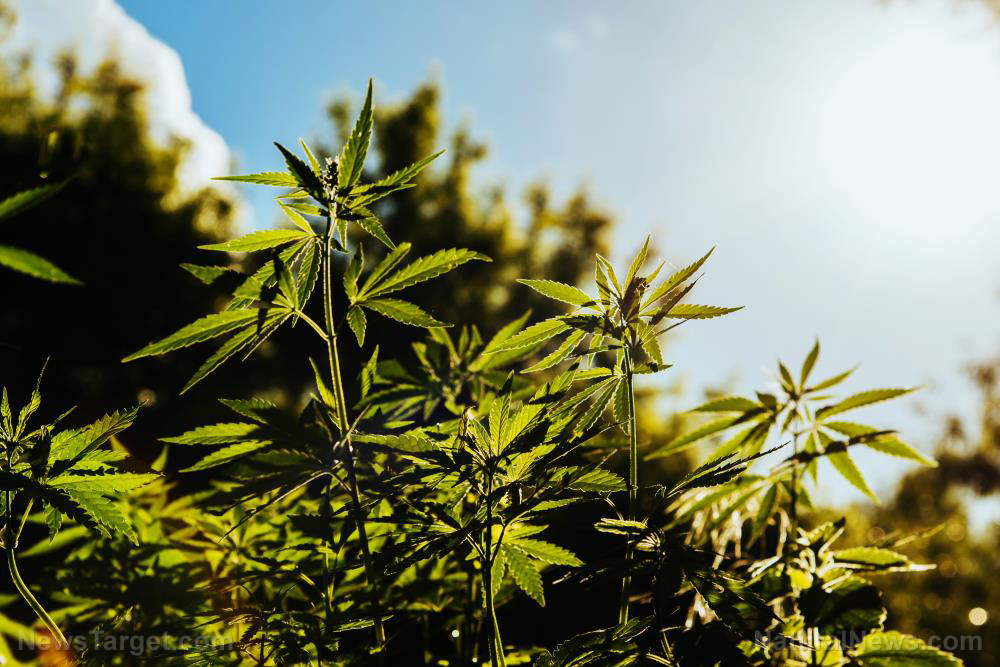
During a drop seizure, the patients' muscle tone changes, which then causes them to collapse. On the other hand, tonic-clonic seizures involve loss of consciousness and full-body convulsions. According to researchers, these types of seizures are difficult to manage and usually do not respond well to drug treatments. In addition, patients with LGS usually suffer from impaired intellectual development. Furthermore, researchers noted that drop seizures often lead to injuries and emergency department visits.
To assess the efficacy of cannabidiol, researchers examined 225 patients with LGS who experience 85 drop seizures a month on average. The participants were then given either 20 mg/kg daily cannabidiol, 10 mg/kg daily cannabidiol, or placebo as an add-on therapy to current drug treatment. The study revealed that patients in the high-dosage group had a 42 percent reduction in drop seizure frequency at 14 weeks. Of these patients, 40 percent reported reducing their seizures by half or more.
The study also showed that patients in the low-dosage group attained a 37 percent overall decrease in drop seizure frequency. Of these patients, 36 percent reported reducing their seizures by half or more. In contrast, patients in the placebo group only had a 17 percent overall reduction in drop seizures. Researchers also found that only 15 percent of the controls reported reducing their seizures by half or more
"Our results suggest that cannabidiol may be effective for those with Lennox-Gastaut syndrome in treating drop seizures. This is important because this kind of epilepsy is incredibly difficult to treat. While there were more side effects for those taking cannabidiol, they were mostly well-tolerated. I believe that it may become an important new treatment option for these patients," said study author Dr. Anup Patel in ScienceDaily.com.
The findings were slated for presentation at the American Academy of Neurology's 69th Annual Meeting in Boston, Massachusetts.
Cannabis found to improve epilepsy in many studies
Multiple studies have shown that cannabis may be a viable treatment for patients with epilepsy. A study published last year revealed that cannabidiol helped reduce seizure load in children and adolescents diagnosed with intractable pediatric epilepsy. To assess this, the researchers monitored 74 patients who were given a formula that contained both cannabidiol and tetrahydrocannabinol. The researchers found that 18 percent of children experienced a 75 percent to 100 percent reduction in seizure load, while 34 percent exhibited seizure load reductions of 50 percent to 75 percent. The study also found that cannabidiol-treated patients displayed significant improvements in behavior and alertness, language and communication. The patients also exhibited better sleep and motor skills, the researchers added. However, researchers noted that further studies are needed to back the findings. The results were published in the journal Seizure.
Two more studies have demonstrated that the compound may help ease seizure frequency in epileptic children. In one study, the researchers examined 120 children with Davet syndrome and found that cannabidiol treatment lead to a 39 percent decrease in seizure frequency in patients after 14 weeks. In comparison, patients in the placebo group only attained a 13 percent reduction in seizure frequency.
In another study, health experts examined 171 children and adults with LGS and found that those who were on cannabidiol therapy had a 44 percent decrease in drop seizure frequency, compared with only 22 percent reduction in the placebo group. The results suggest that cannabidiol may benefit patients who were not responsive to standard epilepsy medications. Both studies were presented at the American Epilepsy Society Annual Meeting in Houston, Texas.
Sources:
Please contact us for more information.























